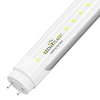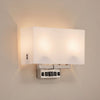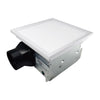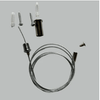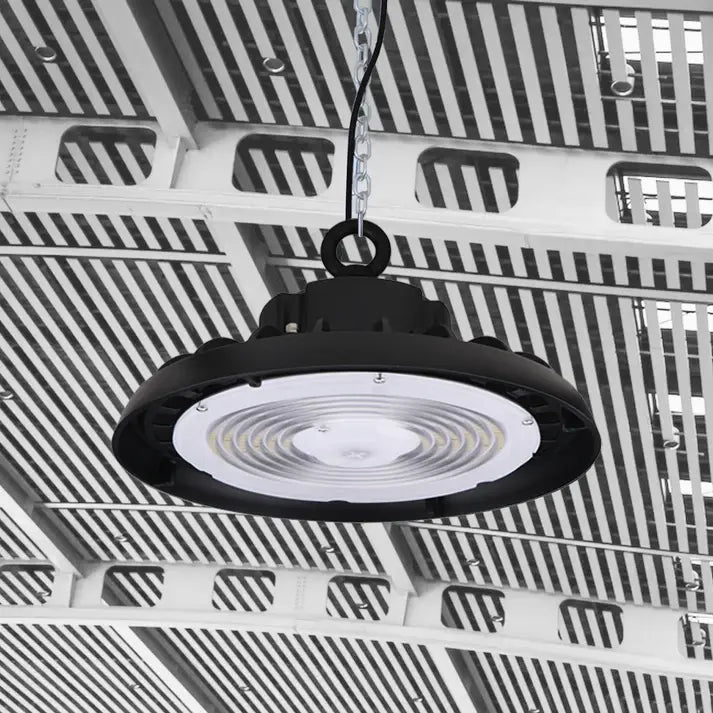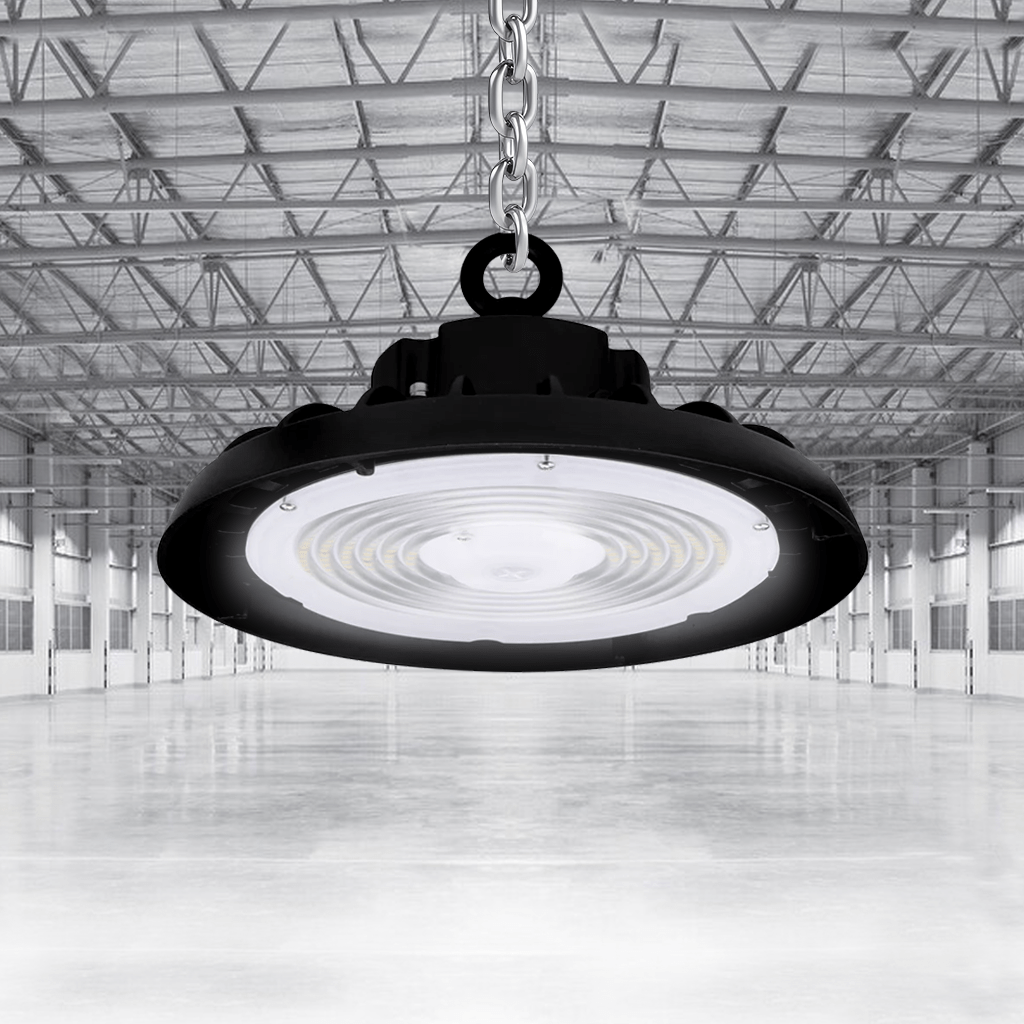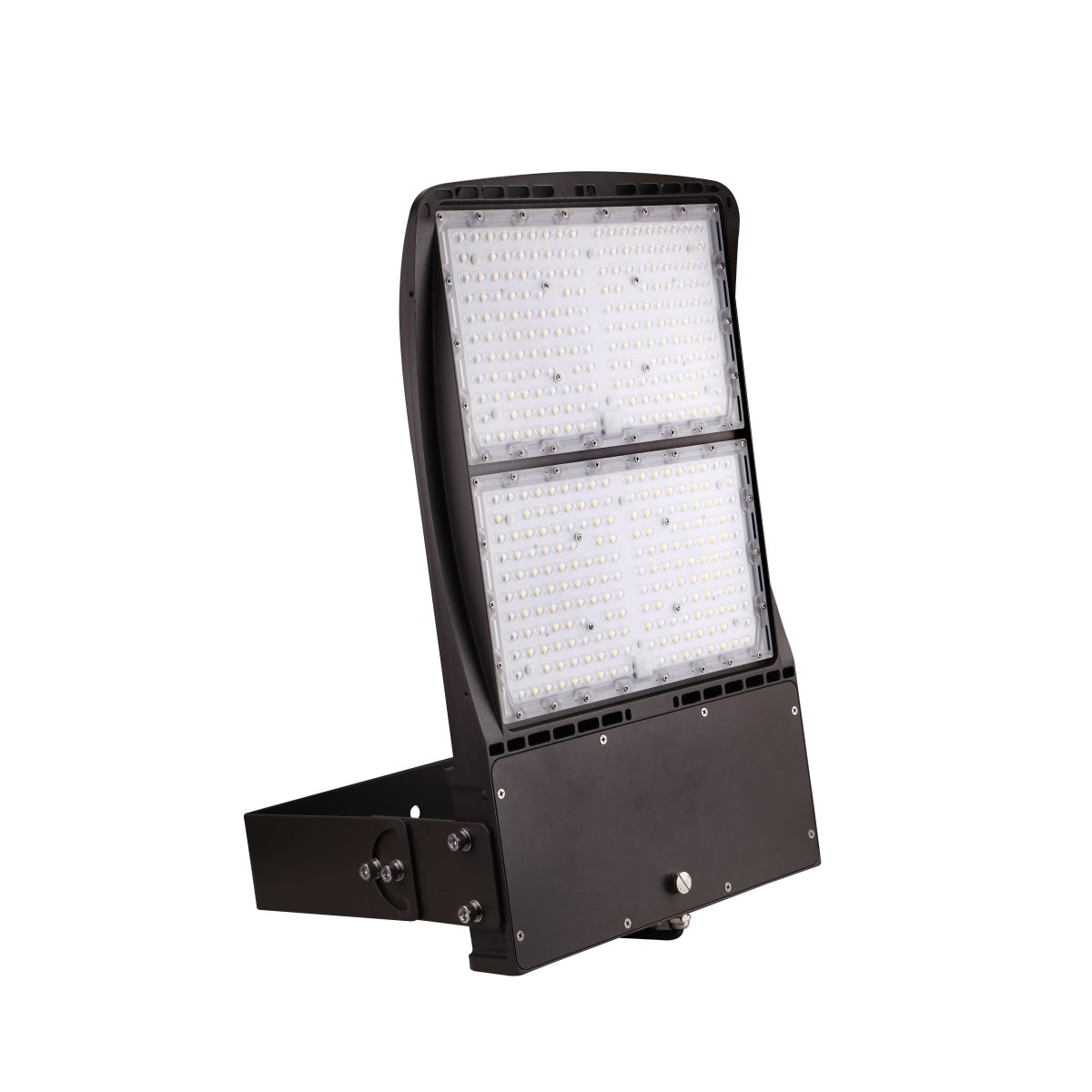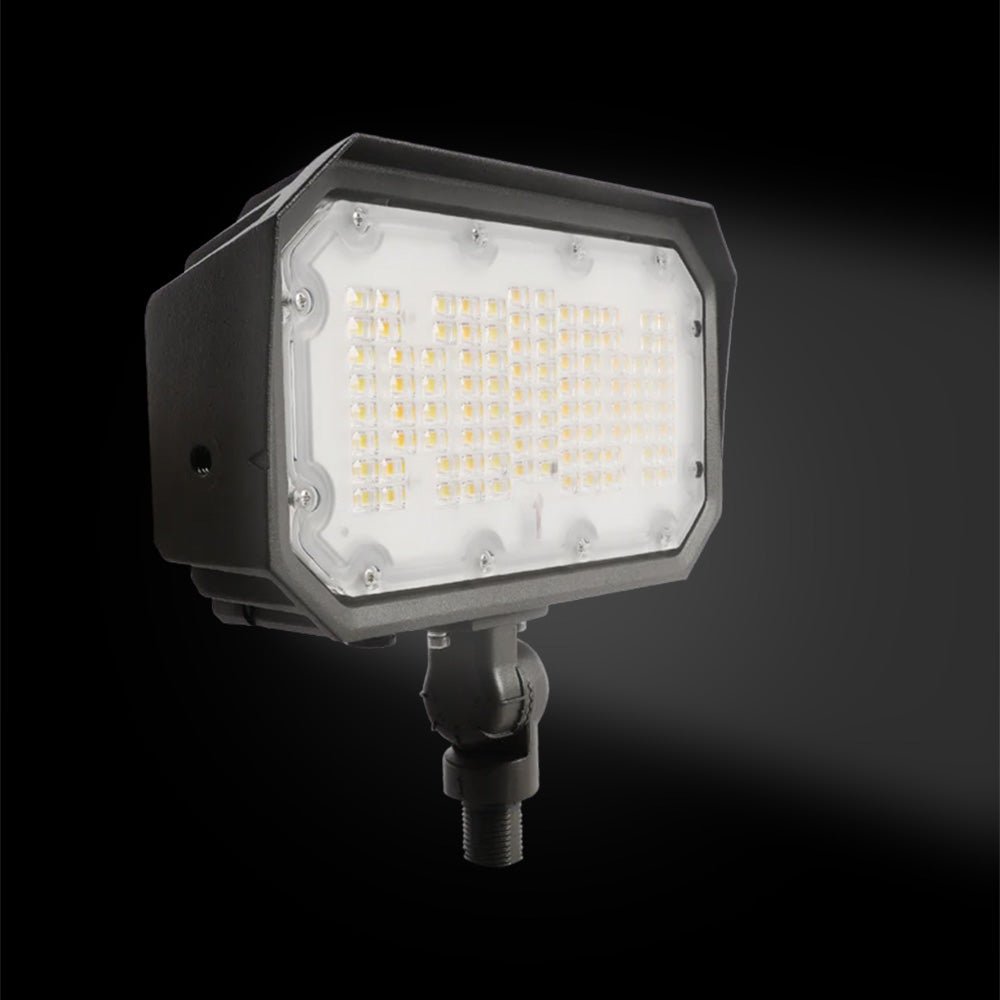Introduction
When embarking on a Commercial Lighting project, one of the most crucial decisions you'll make is selecting the right contractor. Whether it's a new installation, retrofitting, or maintenance, the expertise and reliability of your chosen contractor can significantly impact the success of the project. In this guide, we'll explore the essential factors to consider when hiring a contractor for your commercial lighting needs.
Understanding Your Needs
Before diving into the selection process, it's essential to have a clear understanding of your lighting requirements. Assess the specific needs of your commercial space, considering factors such as aesthetics, functionality, energy efficiency, and compliance regulations. By defining your goals and objectives upfront, you can better communicate your expectations to potential contractors.
Researching Potential Contractors
Start by compiling a list of potential contractors through online research, referrals from trusted sources, or industry directories. Evaluate each contractor's credentials, experience, and reputation within the commercial lighting sector. Look for professionals who have a proven track record of delivering high-quality results on similar projects.
Reviewing Past Projects
A contractor's portfolio speaks volumes about their capabilities and expertise. Take the time to review their past projects, paying close attention to the quality of workmanship and attention to detail. Look for examples of projects that align with your specific requirements and architectural style.
Requesting Detailed Proposals
Once you've narrowed down your list of potential contractors, request detailed proposals from each candidate. Ensure that each proposal outlines the scope of work, project timelines, materials to be used, and cost estimates. By comparing proposals side by side, you can make an informed decision based on factors such as value for money and alignment with your project goals.
Checking Licenses and Insurance
Before proceeding further, verify that the contractor holds the necessary licenses and certifications required by local authorities. Additionally, confirm that they carry adequate insurance coverage for liability and worker's compensation. Hiring a licensed and insured contractor provides peace of mind and protects you from potential legal and financial liabilities.
Seeking References and Reviews
Don't hesitate to reach out to past clients for references and feedback on their experience working with the contractor. Similarly, check online reviews and ratings on trusted platforms to gauge the contractor's reputation and reliability. Pay attention to recurring themes or red flags that may indicate potential issues down the line.

Meeting in Person
Arrange face-to-face meetings with the shortlisted contractors to discuss your project in detail. Use this opportunity to assess their communication skills, professionalism, and responsiveness. Building a rapport with your contractor is essential for fostering a collaborative working relationship throughout the project.
Clarifying Communication Channels
Establish clear lines of communication with the contractor from the outset. Discuss your preferred communication channels and frequency of updates to ensure everyone is on the same page. Effective communication is key to avoiding misunderstandings and resolving any issues that may arise during the project.
Negotiating Terms and Contracts
Before finalizing your decision, negotiate terms and conditions that are favorable to both parties. Ensure that all agreements are documented in a formal contract that outlines the scope of work, payment terms, warranties, and dispute resolution mechanisms. Review the contract carefully before signing to avoid any potential conflicts or misunderstandings later on.
Finalizing the Decision
After careful consideration, make your final decision based on a combination of factors such as expertise, experience, reputation, and cost. Communicate your choice to the selected contractor promptly and discuss next steps for moving forward with the project.
Monitoring Progress
Throughout the project, monitor progress closely to ensure that work is proceeding according to plan and within the agreed timelines. Address any issues or concerns promptly to avoid delays or cost overruns. Regular communication with the contractor is essential for keeping the project on track and addressing any unforeseen challenges that may arise.
Completion and Inspection
Upon project completion, conduct a thorough inspection to verify that all work has been completed to your satisfaction. Ensure that all lighting fixtures are functioning correctly and meet your specified requirements. Address any deficiencies or discrepancies with the contractor before finalizing payment.
Post-Project Support
Discuss the availability of post-project support and maintenance services with the contractor. Inquire about warranties and guarantees offered on both labor and materials to ensure peace of mind in the long term. Establishing a proactive maintenance plan can help prolong the lifespan of your lighting system and prevent costly repairs down the line.
Conclusion
Hiring the right contractor for your commercial lighting project is a decision that should not be taken lightly. By following these guidelines and conducting thorough due diligence, you can mitigate risks and ensure a successful outcome. Remember to prioritize factors such as experience, reputation, communication, and contractual agreements when making your selection.
FAQs (Frequently Asked Questions)
-
How do I determine my specific lighting needs for a commercial space?
- Assess factors such as aesthetics, functionality, energy efficiency, and regulatory requirements to define your lighting goals and objectives.
-
What credentials should I look for when researching potential contractors?
- Look for contractors who hold relevant licenses, certifications, and memberships in professional organizations within the lighting industry.
-
How can I verify a contractor's reputation and reliability?
- Reach out to past clients for references and feedback, and check online reviews and ratings on trusted platforms.
-
What should be included in a formal contract with the contractor?
- A comprehensive contract should outline the scope of work, project timelines, payment terms, warranties, and dispute resolution mechanisms.
-
What steps should I take to ensure the long-term performance of my lighting system?
- Discuss post-project support and maintenance services with the contractor, and establish a proactive maintenance plan to preserve the lifespan of your lighting system.



